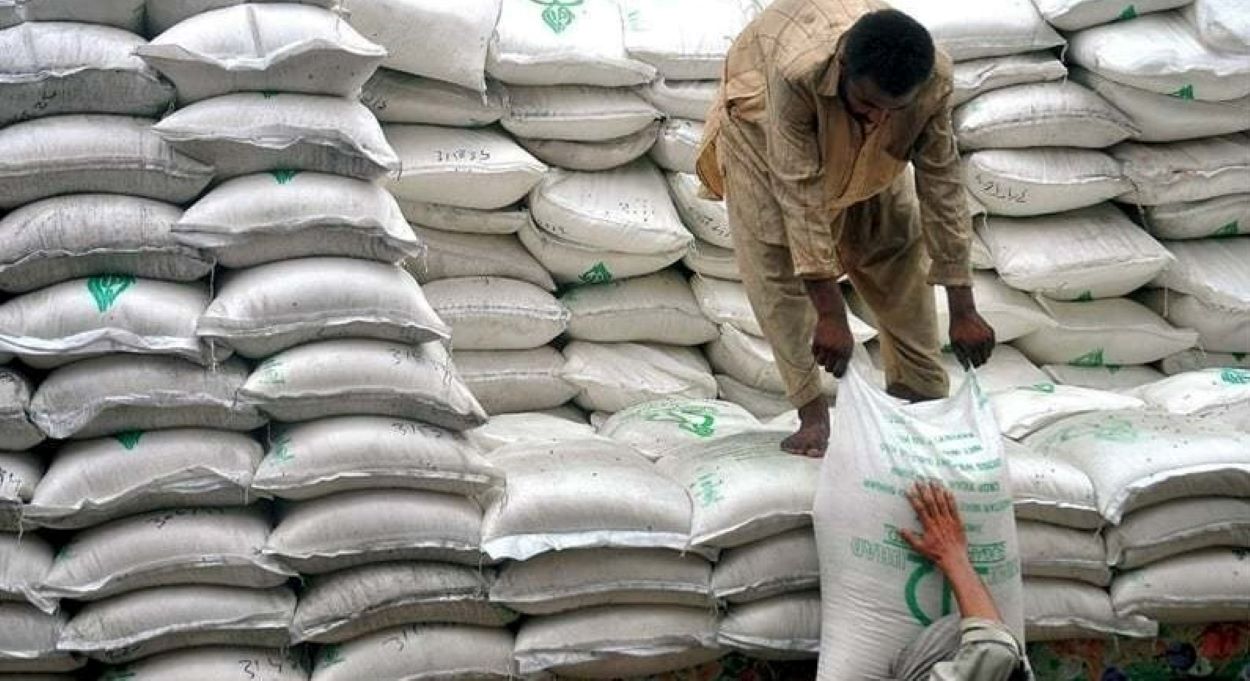The federal government of Pakistan has decided to end its direct intervention in the sugar sector, aligning with conditions set by the International Monetary Fund (IMF).
Sources from the Ministry of Industries and Production confirmed that proposals to fully deregulate the sugar industry have been finalised.
Under the new plan, the government will restrict its role to maintaining a buffer stock of 500,000 tonnes of sugar. Beyond this reserve, it will refrain from interfering in pricing, procurement, or supply, enabling the private sector to operate freely.
The final draft of this policy, prepared in consultation with key stakeholders, is scheduled for presentation to the Prime Minister next week. The Trading Corporation of Pakistan (TCP) will maintain a stock equaling one month’s national sugar consumption, while the private sector will manage all other sugar handling and trade activities.
Read: Sugar Shortage Intensifies in Rawalpindi and Islamabad
Government estimates indicate that increasing sugar mill operations from the current 50 percent capacity to 70 per cent could boost sugar production by 2.5 million tonnes. Exporting this surplus may earn Pakistan up to $1.5 billion in foreign currency, according to the draft.
Earlier concerns arose when the IMF opposed Pakistan’s plan to subsidise imported sugar by Rs55 per kilogram, which would cost Rs249 per kilogram. The IMF warned that tax exemptions and import subsidies risk undermining the ongoing $7 billion loan program. Furthermore, the IMF rejected the government’s classification of sugar imports as “food emergency” measures.






